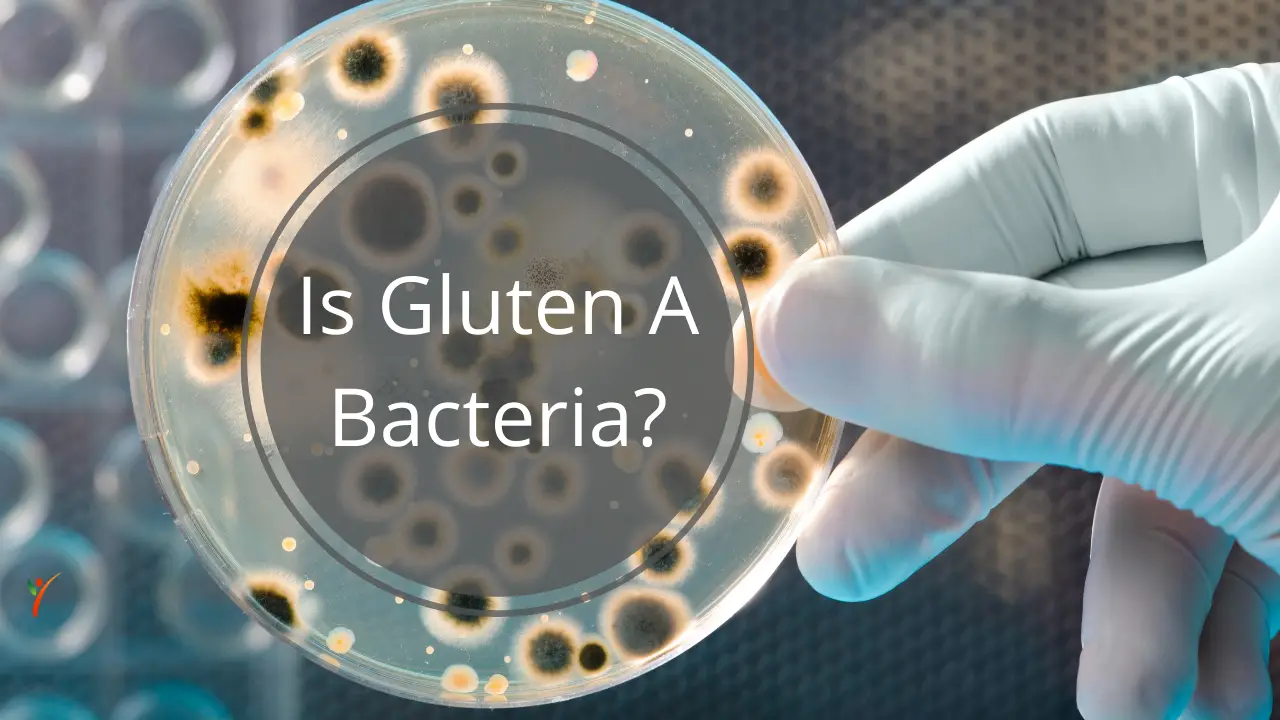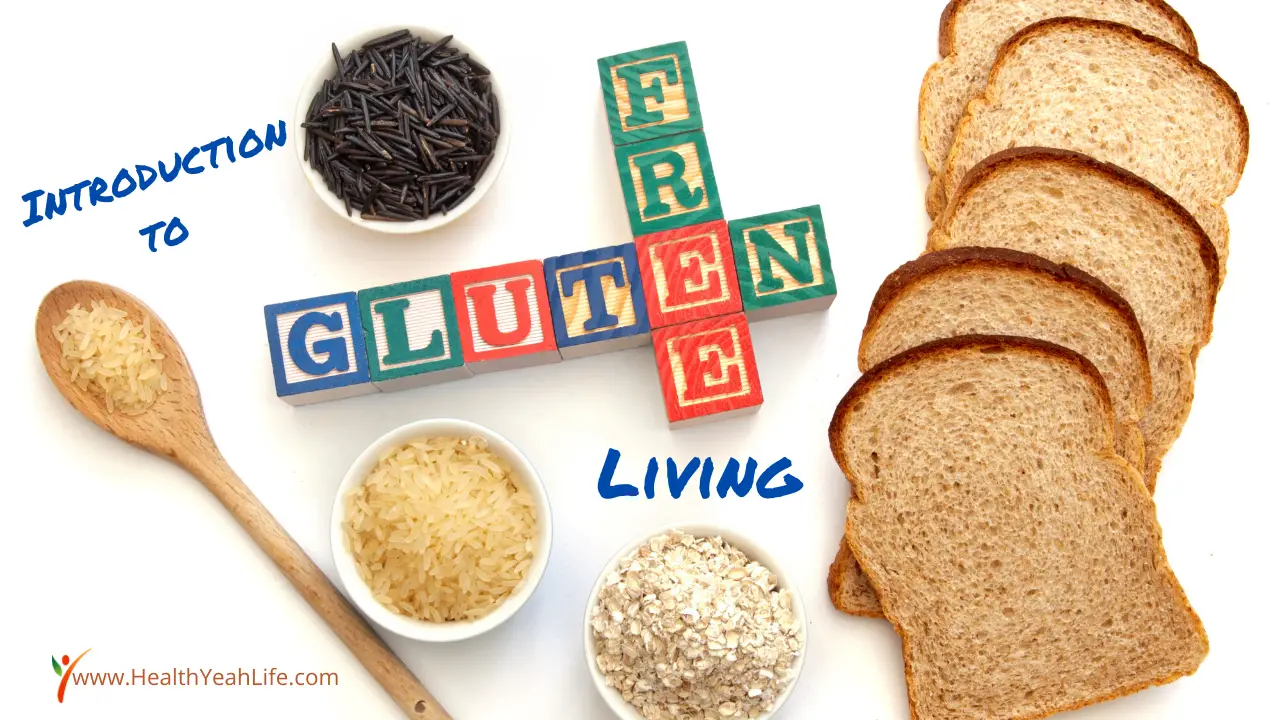Whether you have celiac, non-celiac gluten sensitivity, or general curiosity, knowing the ins and outs of gluten can help significantly. Gluten-related sensitivities still require much research to clarify how gluten reacts inside the body.
For those who are new to understanding gluten sensitivities, the first question is, what is gluten? This questioning further leads to numerous ideas, one of which is whether gluten is a bacteria.
If that question has crossed your mind, you're not alone. It is essential to understand gluten, if not for yourself, for those around you with celiac or gluten sensitivity. For this reason, here's everything you'd want to know about gluten and bacteria.
Gluten- a Bacteria?
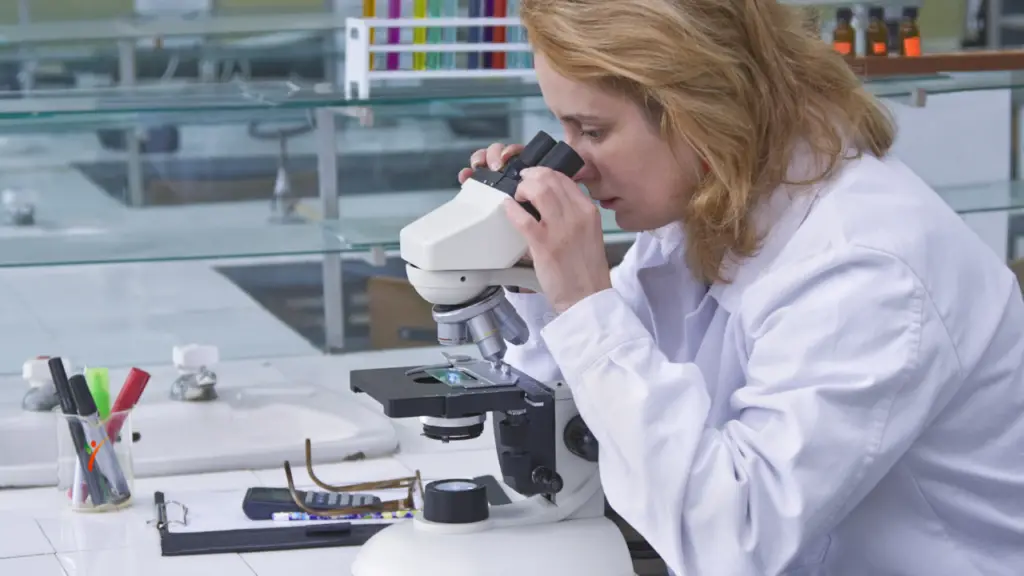
It's not uncommon to initially believe that gluten might be related to a bacterial family. After all, many types of bacteria become the reason for the onset of diseases such as food poisoning, urinary tract infection, syphilis, skin infections, etc. Therefore, it's not a far-fetched belief to think that gluten is a bacteria that causes celiac and gluten sensitivity.
However, gluten itself doesn't have any connection to a bacteria's genetic makeup. In other words, gluten is as far from being a bacteria as possible. Due to this purpose, you can't get rid of your symptoms if you have celiac disease or gluten sensitivity by taking antibiotics. The only treatment for these conditions is to remove gluten from your daily meals.
Defining Gluten
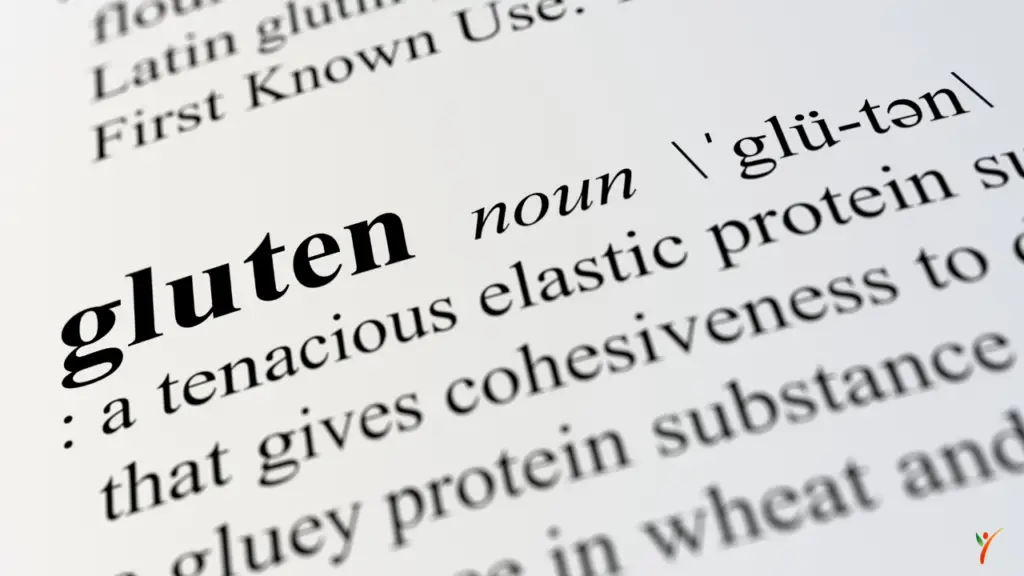
You're probably asking, “gluten isn't a bacteria, but then what is it?”. By putting it simply, gluten is a protein found in grains including wheat, barley, rye, spelt, and cross-contaminated oats. In return, this means that many foods in the daily diet, such as bread, cereal, pasta, and more, also have gluten in them.
Why is there hype around gluten and its exclusion from diets recently? The thing is, there has been a rapid increase in the percentage of those suffering from celiac and non-celiac sensitivity in recent years. Many suggest this is because of the modifications and varieties of grains available in the market. Often these varieties come with a higher gluten content in them.
Besides the accelerating rate of those suffering from these conditions, this condition remains undiagnosed for many. Ultimately, undiagnosed or misdiagnosed celiac and gluten sensitivity can cause serious long-term health problems.
Gluten VS Bacteria- The Characteristics
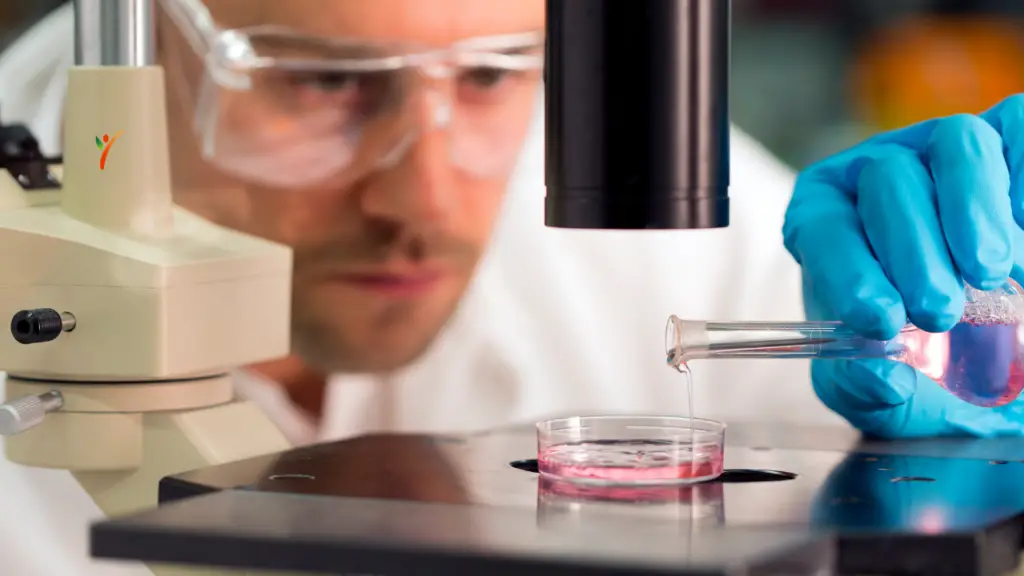
So, what makes gluten that different from bacteria in terms of characteristics? Although there may be similarities between the two, which account for the confusion of gluten as a bacteria, there are fundamental differences between them.
You already know that gluten is a protein, which means that its structure consists of amino acids bound to each other with peptide bonds. Alternatively, bacteria are single-celled living organisms, meaning they have different living beings' characteristics. Bacteria is a relatively simple organism since it consists of only one cell when many other organisms are multicellular.
Moving forward, believing gluten is a bacteria can be for another reason, i.e., bacteria has an outer membrane with protein in it. The protein layer identifies as a primary component to bacteria; since the structure, chemical reactions, and transport of nutrients within the bacteria depend on protein.
Overall, protein is one of the vital elements to the survival of a cell. Since bacteria is a single-cell organism, the entirety of the bacteria's survival depends on the protein molecules.
What makes gluten different from bacteria when protein makes up a key component in both? The comparison lies in the fact that bacteria have all microorganism characteristics. These characteristics mainly include the ability to absorb nutrients for energy and reproduction.
Meanwhile, protein is only a complex macromolecule that enables various cells' functioning within the body. Protein cannot absorb nutrients or reproduce its molecules, but instead, it provides nutrients for the body. The characteristics of protein are molecular properties such as melting and boiling points, weight, structure, solubility, etc.
In other words, bacteria are living organisms hosted by your body, while proteins are simply nutrients that make your body function regularly. Regardlessly, the human body needs good bacteria and protein side by side for a healthy system.
Gluten and Bacteria- Is There a Connection?

While gluten isn't a bacteria, it does connect to the bacteria living inside our body, especially the digestive system. The bacteria residing within us produce chemical compounds known as enzymes. These enzymes are essential to breaking down food particles in the intestines, which speeds up the absorption process.
Now, when the body recognizes gluten as a harmful substance, it automatically activates the immune system's response. Therefore, the immune system attacks the gluten particles AND the enzyme responsible for breaking down gluten. The enzyme Tissue Transglutaminase (tTG) is responsible for intestinal functioning too.
When the immune system attacks tTG, the result is intensive damage to the microvilli present on the intestinal wall's surface. Damaged intestines lead to a significantly decreased nutrient absorption rate from food intake. Eventually, this breaks apart the lining of the intestinal walls, which results in leaky intestines, aka “leaky gut.”
Leaky intestines can cause malnutrition and permeability of toxic substances into the bloodstream. Therefore, the microbiome in the digestive system directly impacts the gluten particles. It can either help in the digestion of gluten or attack gluten particles.
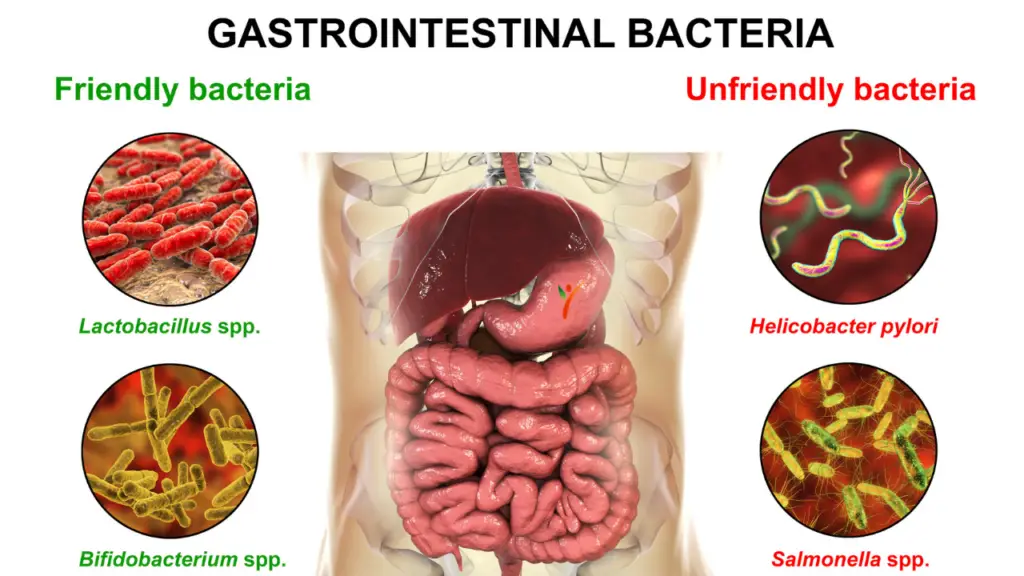
Do Gluten-Related Conditions Affect Digestive Bacteria?
While research lacks in this area, several studies suggest that celiac and gluten sensitivity impacts the microbiome found in the digestive system. Researchers state that the bacteria in the human body's digestive system of a non-celiac individual differs from a celiac patient's system.
In other words, celiac and gluten-sensitive individuals have a different set of gut bacteria than those with normal gluten absorption. What does this mean? Generally, celiac patients have more harmful bacteria than good bacteria in their digestive system. And, since bacteria are primary to both digestion and the immune system, the harmful bacteria disrupt the normal functioning of both.
The ‘bad' bacteria can produce more peptides, which activate the body's immunogenic response. Immunogenic reactions in the digestive system are the last thing a celiac or gluten-sensitive individual needs since they trigger the symptoms.
There has yet to be cohesive research connecting the factors that contribute to differing microbiome sets. Additionally, further linking this to whether this difference causes celiac or is a result. Celiac, possibly even gluten sensitivity, and digestive bacteria are closely correlated.
Final Thoughts

There remain countless gluten-related myths that need to be researched and studied. And, this is why there is confusion regarding gluten-related conditions as well.
More and more studies come in with each passing day. Until then, you need to gain information on the aspects that are clear and defined. One of which is that gluten is not a bacterial organism but a protein molecule.
Keep learning to enhance your gluten insight; you never know when you can help someone's life with this knowledge.

